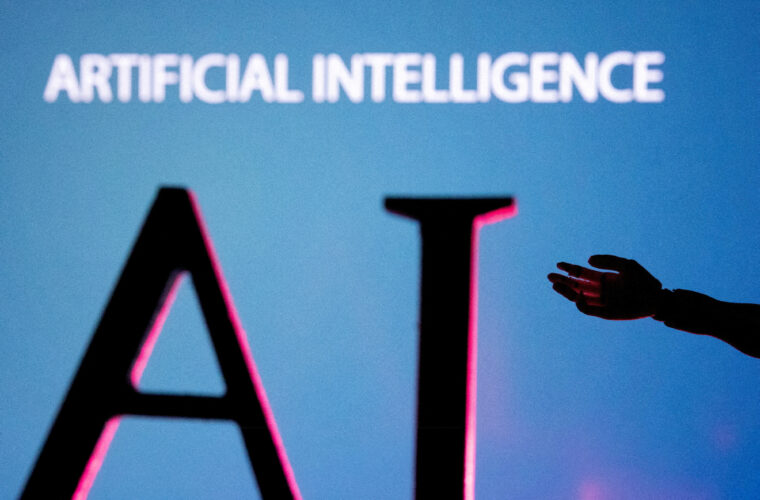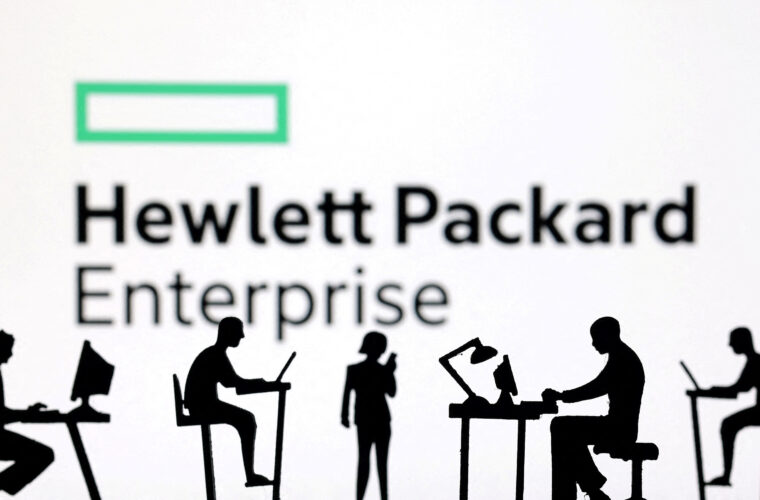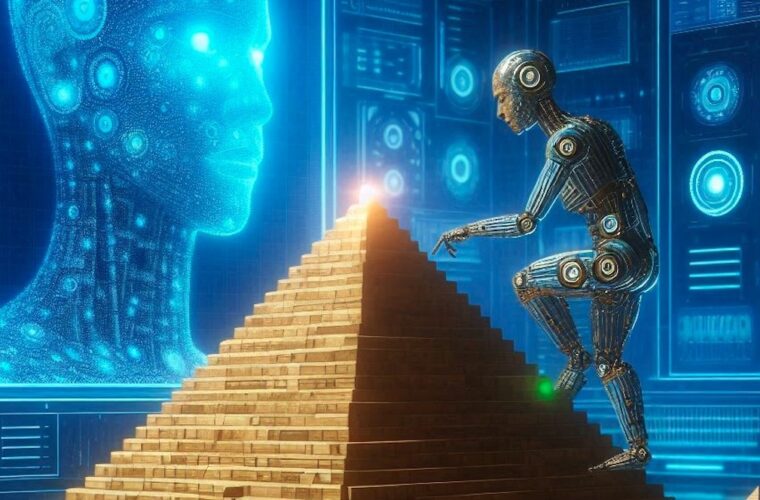Diversity, equity, and inclusion (DE&I) in the workplace continue to be one of many organisations’ biggest challenges. DE&I in the workplace, and of course in the recruitment process, is important for many reasons. An inclusive and diverse workforce provides a safer working environment, creates a sense of belonging for all employees, and boosts productivity and creativity. On the other hand, a lack of diversity negatively affects the type of talent that a company attracts and retains.
Based on LinkedIn’s research, 65% of organisations such as Google and Microsoft have set up diversity, while 78% of companies focus on diversity to reinforce their cultures. Now, candidates are more demanding to be informed about a company’s DE&I efforts. Artificial intelligence (AI) and other well-sophisticated technologies can help organisations improve diversity and inclusion in recruitment. They can also empower companies to transform DE&I within a working environment.
DE&I are a top priority
Technology is now offering a set of powerful tools which empower businesses and HR leaders in creating diverse, equitable, and inclusive organisations. The global justice movement sets DE&I as a top priority today. Improving DE&I means not seeing differences as challenges or setbacks but as opportunities for innovation. McKinsey states diversity and inclusion are critical for business recovery, resilience, and re-imagination.
Organisations must have a structured plan when jumping into the DE&I trends. As with any other organisational imperative, DE&I requires a structured approach and regular monitoring and refinement. Companies can now seek help in AI-enabled tools and technologies to ensure substantial diversity and inclusion in the workplace.
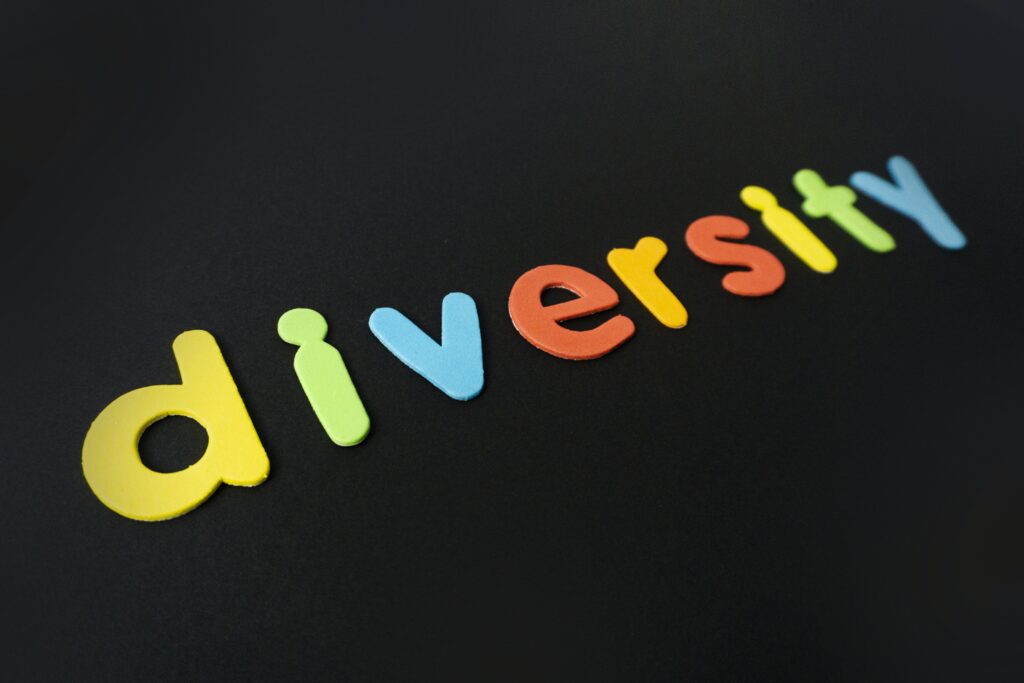
How AI improves diversity
According to a report from McKinsey, “Artificial intelligence is a machine’s ability to perform the cognitive functions we usually associate with human minds”. Also generative AI “describes algorithms (such as ChatGPT) that can be used to create new content, including audio, code, images, text, simulations, and videos.” AI is being used in DE&I mainly in two ways. First is to automate DE&I data and to enhance insight into employee lifecycle-related tasks.
Using AI-powered recruitment tools, a company can easily and quickly find suitable candidates while removing inherent bias in the recruitment process. AI-driven recruitment tools are designed to scan resumes to identify candidates who meet the company’s criteria and demonstrate potential. At the same time, these tools cut factors such as gender, race, or age out of the equation. Therefore, organizations can find hidden talents that may have been missed during the traditional recruitment methods.
These AI-based tools can support the full range of talent processes, including who to hire and how to manage them, as well as development, rewards, and promotions. AI technologies can also be used to analyze data and tell organizations whether their workforces are representative and to what extent.

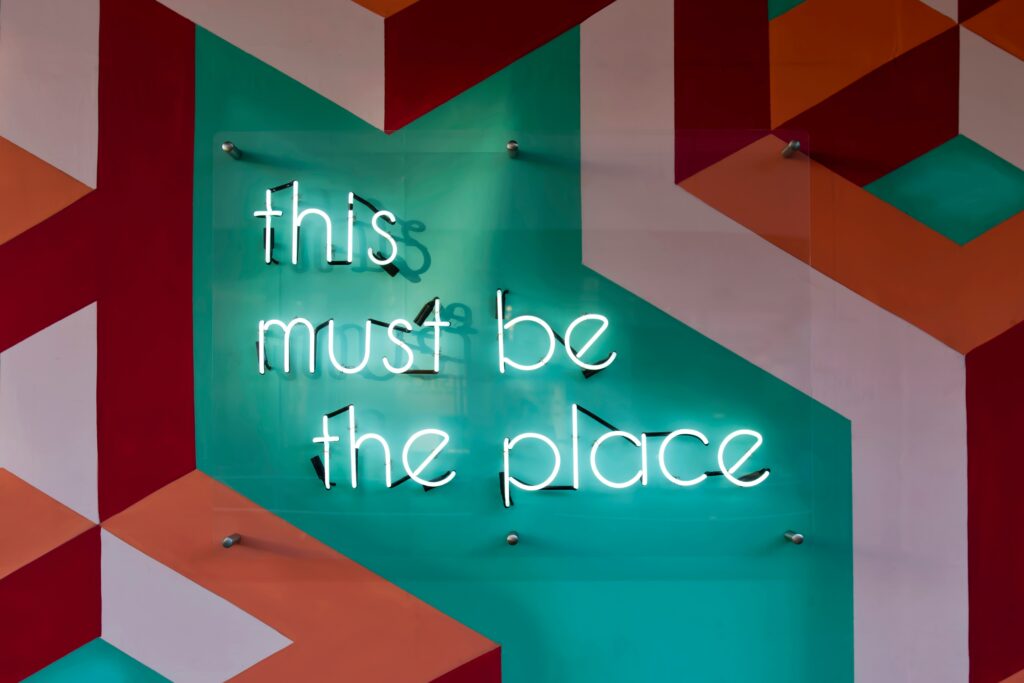
However, AI-powered tools have also been blamed for being biased. A 2019 Harvard Business Review study found that AI-supported recruiting displayed anti-Black bias. In 2018 a major online retailer’s hiring algorithm was found to discriminate against women. Experts in the field are worried about whether AI helps or hurts diversity and inclusion in the workplace. They emphasize that this is a critical question, and part of the concern stems from the persistent lack of diversity among the engineers who develop AI.
Claire Thomas, Sandra Healy, Aisling Conlon
The way AI and other technologies can improve DE&I was also discussed in detail at Dublin Tech Summit. The speakers on a fascinating panel discussion explored the transformative role of artificial intelligence and other cutting-edge technologies in fostering diversity, equity, and inclusion within the workplace. From their perspective, they analysed how AI algorithms, data analytics, and automation tools are being harnessed. In order to dismantle biases, promote fair hiring practices, and create inclusive cultures.

